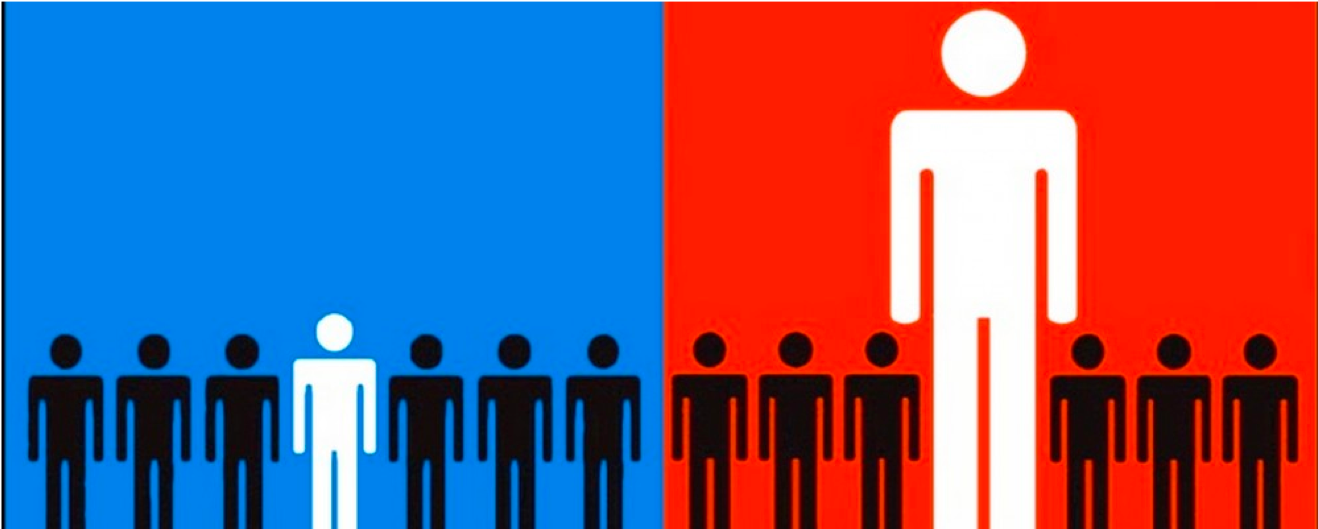Learning to Engage with North Koreans
Now more than ever before is critical to learn North Korean culture. As the borders to North Korea are slowly re-opening, foreigners are starting to re-engage with the nation. Approximately a thousand Russian tourists have already made multiple trips into North Korea. In May, Chosen Exchange from Singapore also visited the country. Currently, various international organizations, NGOs, and tourists are actively preparing to visit when the border fully re-opens, and Swedish diplomats are set for imminent return to Pyongyang.
Like any country, though, it is important to learn the country’s culture before making a trip. Any international traveler knows the importance of learning key phrases in the local language and certain do’s and don’ts before entering a new country. However, for North Korea this is even more critical. Law changes during the COVID pandemic make it even more essential to learn the cultural expectations of North Koreans. Only by understanding their culture and way of life can you ensure that your visit will be safe and productive.
Culture affects almost every aspect of our lives. It impacts the way we see ourselves and go about relationships. Culture dictates the respect we give people, the way we dress, eat, and do business. North Korean culture is no different.
Some of the key cultural orientations in North Korea that foreigners need to know before visiting the country are its high-power distance orientation, collectivism, and high context communication style. Power distance refers to whether or not a culture is hierarchical or more equalitarian, whereas collectivism refers to where values are placed within society, that is a higher value is on the community rather than the individual. A high context communication style relies more on non-verbal communication and implicit, indirect meanings behind the actual words that are spoken.
Most cultures in Asia, including North Korea, have hierarchical cultures. In this kind of high-power distance orientation, individuals are less likely to express disagreements with their superiors. They are less likely to be forthcoming in speaking their mind as their style of communication is centered around authority. This can cause some frustration for foreigners when discussing or negotiating issues with North Koreans. North Korean counterparts will not readily openly discuss their personal opinions but rather state the opinion of their government or company.
Power Distance Differences in Culture
Both foreigners and North Koreans will need to build trust over a period of time, proving commitment to one another before discussions become more open and honest. This kind of trust often takes years to develop. However, once a relationship is established, it also must be maintained. For this reason, discussions are preferred to take place through face-to-face conversations instead of through email or over the phone. Frequent visits into the country may be necessary to build these kinds of trusting relationships.
Since North Korean culture is a collectivistic culture, the focus is on relational trust instead of on competence-based trust. Friendships are extremely important, and friends are selected with great care. It takes a long time to get to know a person in this kind of culture, to decide if they are the kind of person that will be loyal and worthy of trust.
Therefore, when beginning business discussions, it is common to start with social-talk. North Koreans are not interested in being patronized by foreigners or told what to do. They want a relationship based on mutual respect and sincere motives. Oftentimes, to enhance relationship-building, after business meetings the entire group is expected to eat dinner together followed by karaoke or some other social-bonding activity. In this way, the personal connections developed can help overcome obstacles encountered through your journey and business ventures in the country.
Finally, North Koreans tend to rely less on the literal words spoken and pay more attention to the speaker’s posture, expression, and tone of voice. Polite formalities and showing respect will go a long way in developing a trusting relationship. Typically, a gift is brought for your hostess when visiting the country. Any small souvenir from your country to show your appreciation for their services will go a long way. Greeting counterparts by bowing and shaking hands will show them respect. Every action you make will be closely observed. For this reason, it is very important to learn key greetings and respectful gestures in Korean culture before traveling.
Formal Bows and Greetings are Important in Korean Culture
Because of the indirect communication style, it is also helpful to soften your language. North Koreans add many polite phrases when communicating with people they are meeting for the first time. Avoid sensitive subjects. This will cause tension and distrust. Instead, show sensitivity with respect as you try to learn from the window in which they view the world.
Since North Korea has one of the highest power distance and most collectivistic cultures in the world, it will take time and persistence to build trusting relationships. The high context culture will also require additional effort to learn and implement Korean manners and niceties. It will be imperative that you understand what perspective they are coming from, but also remain authentic to yourself. North Koreans will learn to trust you more if you are genuine in your interactions and open about your objectives. But once trust is built, a good relationship can open up roads to new opportunities, even in the midst of today’s most challenging of circumstances.

